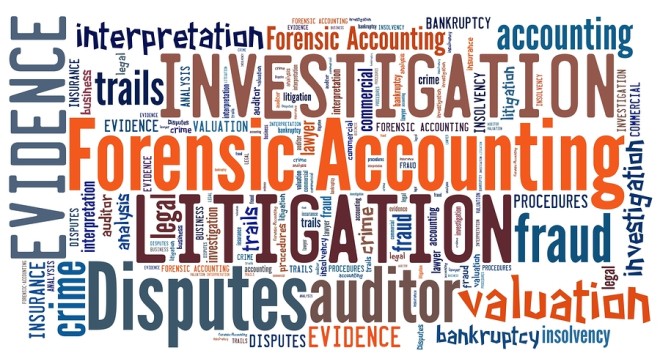Experts look to tax returns in hidden-asset investigations
Business owners involved in divorce or engaged in fraudulent activity have plenty of motivation to manipulate their companies’ financial statements for their own ends. Fortunately, for financial experts such as forensic accountants and valuators investigating hidden assets, business tax returns aren’t so easy to misrepresent. In fact, these returns have some built-in protections that help ensure their accuracy.
Getting the real story
Taxpayers who falsify information on their returns risk being charged with tax evasion. In addition, many income and deduction items are reported directly to the IRS by third parties — such as employers, banks, lenders and brokerage firms — making it difficult to omit or alter them.
Tax returns are particularly useful if an expert can obtain them from several years early on in the investigation. Examining changes from one year to the next can provide valuable leads in the search for hidden assets or income sources.
Finding buried treasure
Many treasures to be discovered in tax returns are buried in attached schedules, including:
Form 1040, Line 7 — Income from wages, etc. This is where the taxpayer reports sources of income. If he or she receives wages from several businesses, it may be possible to discover previously undisclosed business interests. The attached W-2s also contain information about retirement plans and fringe benefits.
Form 1040, Line 8b — Tax-exempt interest income. This income may reveal other investment assets.
Form 1040, Lines 15 and 16 — Retirement plan distributions. These funds can be traced to determine whether they were rolled over into other tax-deferred plans or used for some other purpose.
Form 1040, Line 45— Alternative minimum tax (AMT). An entry on this line indicates the existence of tax preference items — deductions, credits and other tax benefits that are disallowed for AMT purposes. Obtaining more information about these items, which are listed on Form 6251, may lead to the discovery of hidden assets.
A potentially significant item is the exercise of incentive stock options, which may signal a sudden increase in the taxpayer’s net worth. Each of these items may provide clues about the taxpayer’s investments.
Form 1040, Line 73 — Refund. This line on previous years’ returns may reveal important information. Dishonest owners and unscrupulous spouses have been known to overpay taxes in previous years and then seek a refund after the dust has settled.
Schedule A — Itemized deductions. A comparison of real estate taxes (Line 6) with taxes on disclosed property may show additional income resulting from hidden real estate assets. Similarly, entries for state and local taxes (Line 5), personal property taxes (Line 7) and investment interest paid (Line 14) may reveal the existence of undisclosed assets.
Schedule B — Interest and ordinary dividends. It’s important to pay close attention to any foreign accounts or trusts reported in Part III. If the taxpayer has set up an asset protection trust in a foreign country with strict secrecy laws, this may be the only clue that such a trust exists.
Schedule C — Profit or loss from a sole proprietorship. Depreciation expenses listed in Part II may show that the owner has valuable business equipment. Entries for mortgage interest as well as pension and profit-sharing plans may reveal other undisclosed assets.
If insurance expenses are reported on Line 15, the types of insurance the business bought may be significant. Taxpayers sometimes use whole life insurance policies to hide assets.
Schedule D — Capital gains and losses. It’s important to review any capital transactions reported here and make sure the business has accounted for all sales proceeds. A large decrease in a taxpayer’s net worth from one year to another may indicate an asset sale.
Schedule E — Supplemental income and loss. Schedule E reports income from rental properties, royalties, partnerships, S corporations, estates and trusts. Entries here may reveal important information about the taxpayer’s assets and business interests. Income and expenses that seem suspicious or unreasonable may indicate that these entities are being used to conceal assets.
Leading to victory
Tax returns — again, especially several years’ worth obtained early in the process — can form part of a solid foundation to a successful legal action. Specifically, tax-related information can aid in the drafting of discovery requests that lead to victory.
© 2014 TRTA
 Government over alleged misuse by the organization’s senior executives of finances. Kris Manos, IRD’s interim president who was brought in, hired an outside forensic accounting firm to audit finances, including charges on the credit card of former president, Arthur Keys, who retired last July. Reported in the Washington Post on February 9, 2015, it claims that a
Government over alleged misuse by the organization’s senior executives of finances. Kris Manos, IRD’s interim president who was brought in, hired an outside forensic accounting firm to audit finances, including charges on the credit card of former president, Arthur Keys, who retired last July. Reported in the Washington Post on February 9, 2015, it claims that a